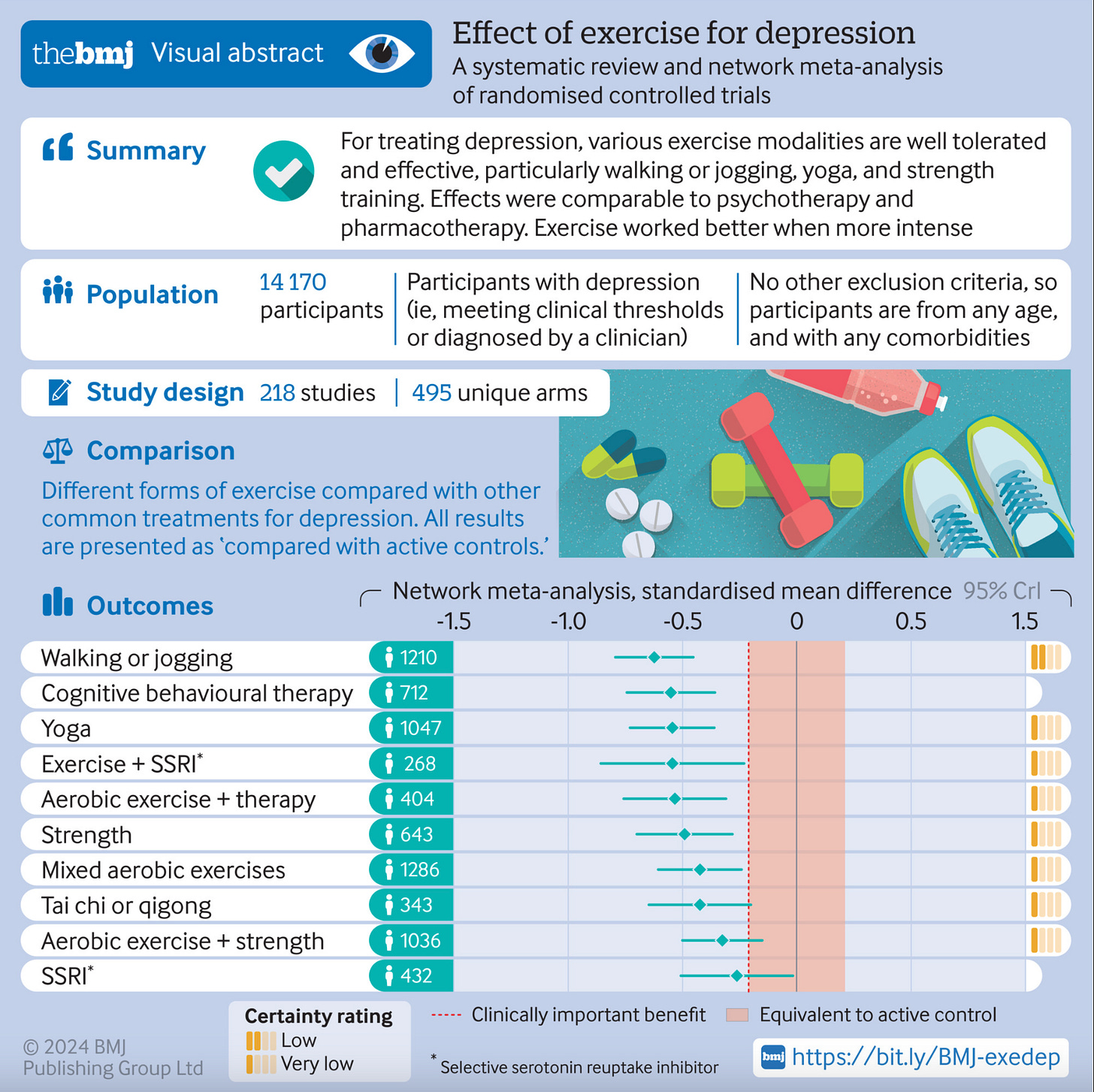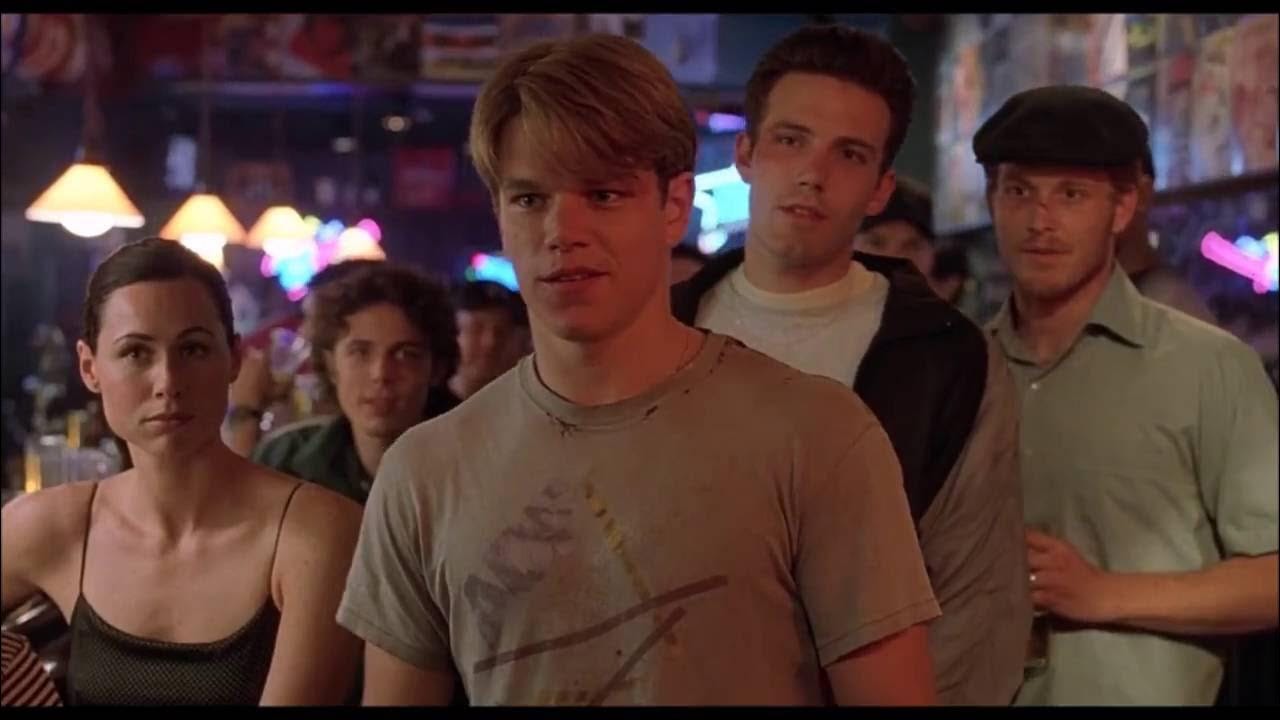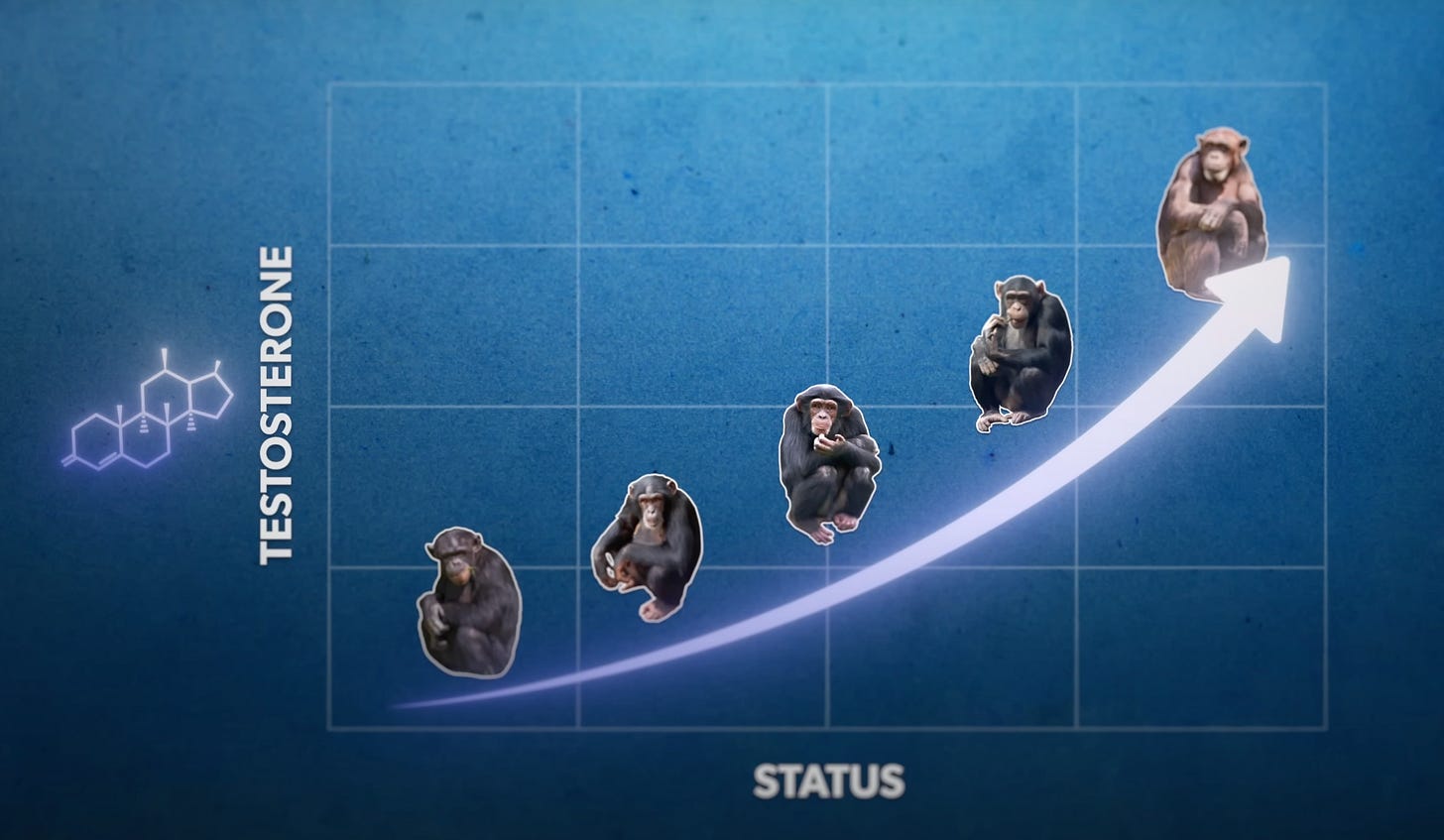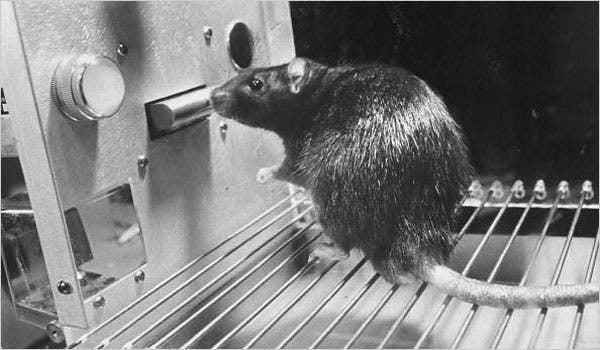There is only one way to stop procrastinating
Your brain sees through your intellectual tricks. You can't weasel your way out
They say to really change your behavior, you have to change your identity.
Virtues, however, we acquire by first exercising them. The same is true with skills, since what we need to learn before doing, we learn by doing; for example, we become builders by building, and lyre-players by playing the lyre. So too we become just by doing just actions, temperate by temperate actions, and courageous by courageous actions.
Easier said than done.
I can repeat in the mirror ‘I am a non-procrastinator’ every morning but it’s not gonna make Death Stranding 2 any less fun.
So, how can we change our identity and stop procrastination?
Let’s do a little mental exercise, but we first need to consider these four concepts:
Testosterone & believing you’re a winner
Testosterone & social ranking
Testosterone & procrastination
1. The Introspection Illusion
First, the introspection illusion is a cognitive bias where people think they can use introspection to gain reliable insights about their mental makeup, but they do not think others can.
That is, I am a wise psycho-philosopher who can decipher how the complicated yet elegant machinery of my mind constructs my behaviors and motivations… but you on the other hand, one look at your behavior makes it painfully obvious what kind of person you are.
My clever insight unlocks the puzzle of who I am, your behavior exposes who you are.
Take a look at Dr. Timothy D. Wilson’s Strangers to Ourselves for a deeper dive on this. Here’s the takeaway for our anti-procrastination purposes:
It is often better to deduce the nature of our hidden minds by looking outward at our behavior and how others react to us, and coming up with a good narrative.
So why don’t we work backwards? Why don’t we change our behavior first to install a new identity into our minds?
2. Behavioral Activation
To be successful with a multi-day fast, I always recommend to walk.
You need to walk.
You must walk.
Make sure to walk.
Are you walking? No? You’re doing it wrong.
The easiest 5-day fast I’ve ever done was the one where I walked as much as I possibly could.
Many times, fasting is more of a struggle with mood. You don't have stabbing or burning pain in your stomach, you're not so nauseous you're about to puke, you're not about to lose consciousness, you just don't feel like doing anything and it's hard to stay optimistic or motivated.
Behavioral activation tells patients to acknowledge that what you are doing now, in this moment influences your mood. So, you can only expect your mood to change for the better once you start taking action.
This helps people avoid negative spirals where their depressed mood encourages them to stay at home and avoid contact with friends and family which only further depresses their mood. Even though they may not feel like it at first, taking a walk outside, exercising, hanging out with friends and so on breaks this cycle by putting them in a better mood that will boost their mood and make them more likely to make plans to do more of these things.
BA is known to be very effective for depression.
・A 2014 meta-anaylsis on BA concluded that it is an effective treatment for depression. It even found that based on four studies, BA was even better than medication.
Personally, when I get writer's block, the solution is almost always to start writing anyway. Once my brain starts engaging with the action of turning thoughts into words, some good ideas start to pop up. “Waiting for motivation” (not “procrastination,” no, certainly not) is never as effective.
Similarly, while fasting, when I feel the least like walking is when I most need to do it. I'll be feeling a dip in energy, not wanting to work, opening up Twitter or Instagram for a quick (not so quick) doom scroll, and then my mind will start offering excuses for why quitting the fast might be a good idea.
I don't always feel like walking, but I feel like walking the most when I'm in the middle of a walk.
My energy and mood usually perk up quite quickly, but this certainly doesn't happen if I hang around on my couch.
A 2024 systematic review from the BMJ put "walking or jogging" at the very top for effectiveness in treating depression. (It even outperformed SSRI's AND "SSRI's + Exercise")
What was #2? Cognitive Behavioral Therapy. Behavioral Activation is often included in Cognitive Behavioral Therapy.
3. Testosterone & winning
Your brain can give you more testosterone if it wants. It doesn’t need a powder, a supplement, a big hunk of liver or an ice bath.
Except, it doesn’t want to.
You’re not going to be able to sit there and mentally negotiate with it to give you just a quick little boost of testosterone.
What it does need is a signal that you won at something. You just have to make it think you won at something and it will stop being greedy and hand over the testosterone.
As I’ve discussed multiple times before, testosterone is very responsive to winning and to losing. A win raises testosterone where as a loss lowers it.
This could be anything from winning at hockey to chess. In fact, as University of Cambridge research suggests, men only need to think they’ve won to get a boost in testosterone.
This suggests ‘wins’ are very flexible.
This perception of being a winner is important.
Do you feel like a winner or loser when you finish a project?
Do you feel like a winner or loser when you’re in the middle of procrastinating?
Testosterone and action:
In the space of ‘pickup,’ many young men struggle with what they call “approach anxiety.” That is, despite them learning all these secret tricks to suavely and successfully flirt with women, they can’t get past the first step which is to get themselves to actually approach and begin talking to a woman.
They’re standing there at the bar with with their new clothes and hairstyle yet when they spot an attractive woman they’re too anxious to get themselves to go up and speak to her.
Men will ask each how to deal with this approach anxiety and some guy will start talking about the reason for the anxiety - something along the lines of we get anxious because being rejected is essentially a woman saying your genes aren’t fit for reproduction or something about how dating worked in Palaeolithic times blah blah. Except, the simple reason you have approach anxiety is because you … haven’t approached the woman yet.
Studies have found that speaking to an attractive woman raises men’s testosterone. Studies have also found that having higher testosterone causes men to approach women with less hesitation.
So, whatever the reason for the anxiety on that particular day in the first place, the most practical solution is to approach the woman (or I suppose raise your testosterone some other way, but I doubt that particular woman will be waiting for you at the bar by the time you finish doing that).
4. Testosterone and Social Ranking
Animal research on rams to primates has found that you can quite accurately guess which male has the highest testosterone in a group by looking at the pecking order. Simply put, the animal’s testosterone level correlates with their position in the social hierarchy. The top dog will have the highest testosterone, the one on the bottom rung will have the lowest and so on. Even research on birds and lizards shows testosterone functions as a kind of status badge.
This has even shown up in some analyses of managers at a company.* That is, the managers who had more subordinates had higher T (unless they had high cortisol** too).
In point 3 we saw how winning raises your testosterone.
This point about social ranking suggests the brain will maintain higher testosterone if it thinks you are a winner.
Do you feel like top dog when you look back on your day and see how much time you wasted on doomscroll breaks?
*Humans are of course incredibly complicated, unsurprisingly one study found no association between testosterone and whether someone was a manager or not. People’s psychology could affect testosterone in all kinds of ways, for example if someone doesn’t rank work strongly in their values as some sort of marker of ‘success,’ but rather sees it as just a stupid, unavoidable chore that is necessary to procure money, they may not really care about their within the organization. Some may even view their managers as getting the shit end of the stick if they have insight into the manager’s workload and payment et cetera.
**The dual-hormone hypothesis suggests that cortisol can reverse or antagonize some of the effects of testosterone.
5. Testosterone and Procrastination
To put this all together, let me add one more concept:
In November 2023, I wrote a post called How Testosterone Reduces Procrastination. I’ll add a couple extra points on that note:
Psychologist James McBride explains in his book Heroes and Rogues and Lovers: Testosterone and Behavior that testosterone is associated with persistence and an “intensity” or focus. Men tend to focus on one thing where women tend to pay attention to many things at once.
“Studies show that men and animals who are high in testosterone persist at what they start, and they work longer at a task without being distracted.”
In an old study on rats, they wanted to see if testosterone would affect rats’ persistence at trying to learn the rules for lever pressing systems. They had to learn to press the levers based on which lights were lighting up. Of course they didn’t do this for free, they got .3 ml of sweetened condensed milk. They found that “adult male rats injected with a moderate dosage level of testosterone showed increased persistence.”
One double-blind, placebo-controlled study found that dosing men with testosterone helped them be less swayed by distracted and keep their attention on a task.
“…this result supports the hypothesis that testosterone inhibits further processing of task-irrelevant distractors at a later stage, which allows attention to reorient back to task-relevant goals.”
The authors even say that their results suggest hormone therapy may be a potential approach for attention-related behavioral disorders. Interesting news for people with ADHD.
On that note, one case study found testosterone treatment to improve ADHD symptoms in men who stopped taking their ADHD drugs because of side effects.
As explained in my How Testosterone Reduces Procrastination post, anxiety is closely linked to procrastination. A 2023 study found that as has been shown, trait anxiety is associated with procrastination. However, this association “when testosterone levels are higher, no significant association between state anxiety and procrastination is found.” Further, anxiety was even more closely linked to procrastination when testosterone levels were lower.
Putting it all together: How to stop procrastinating
At the end of the day, the easiest way to change your self identity is going to come down to what you do.
Per behavioral activation, you’re way more likely to feel like doing something if you’re already doing it than if you’re not.
Your brain assesses what your actual behaviors are and gives you testosterone based on the behaviors that make you feel like a winner.
Of course nutritional and lifestyle factors are huge, but looking at your circumstances and feeling like a winner may be important to maintaining testosterone levels.
Data suggests increased testosterone should increase focus, reduce distractions and reduce procrastination.
What does it all mean?
When you’re procrastinating, you’re not just procrastinating. You’re becoming a procrastinator.
Your introspection may reveal you are a wise, cautious person who analyzes all the possible outcomes in order to take the best possible action… and then does some more analysis to double check. However, your behavior just says: “procrastinator.”
The only way to stop procrastinating now and create a new identity of ‘non-procrastinator’ in your mind is to do the behavior. Do the thing you’re avoiding.
You’re never going to feel like doing it until you’re already doing it.
We become just by doing just acts, temperate by doing temperate acts, brave by doing brave acts.
—Aristotle
Just do it.
—Shia LaBeouf









Shia LaBeouf was right all along
Delectable post. Concise, explorative, self-sceptical and actionable. Thank you!